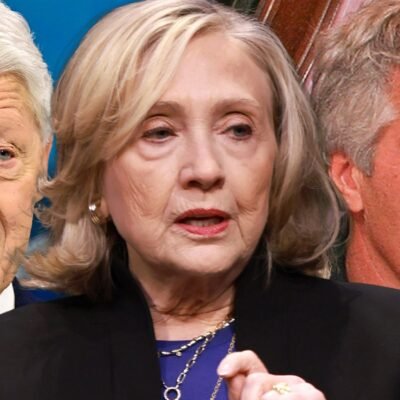Iraq Prime Minister Mohammed Shia Al Sudani has directed his ministry to halt imports of middle distillates such as gasoline, diesel and kerosene, claiming his country has achieved self-sufficiency through increased oil production coupled with ongoing additions of refining capacity. Iraq has ramped up oil production and exports, partly through the success of its Nasiriyah field as well as increased production quotas within the OPEC+ agreement. Specifically, production at the Nasiriyah field has increased to 80,000 barrels a day by bringing nine wells online, with the country’s total oil exports averaging between 3.4 and 3.45 million barrels a day in September.
Meanwhile, Iraq has been revamping its refining infrastructure. Iraq’s Oil Ministry has been working round the clock to bolster refining capacity since the formation of a new government in late-2022. The OPEC member currently has refining nameplate capacity of ~1.3 million barrels per day, with plans to further boost it to over 1.5 million barrels per day in the near future. Previously, the country’s refining sector was badly degraded by frequent terrorist attacks, including the destruction of the Shamal (North) refinery with output of 150,000 b/d by the Islamic State terrorist group in 2014. According to FGE NexantECA oil analyst Palash Jain, the upgrades on oil refineries have gone a long way into making Iraq self-sufficient in oil products.
“Iraq mainly imports two oil products. One is gasoline, and the other one is gasoil diesel. In the past two to three years, Iraq has done quite a tremendous job in upgrading their refineries, specifically in Karbala, Basra as well as in Kirkuk,” the analyst said. “The development will help the country to reduce import bills and support economic development.”
That said, it’s doubtful whether Iraq has truly achieved a balance where output exceeds all consumption categories in volume and quality. This is not the first time that the Iraqi government is claiming to have achieved self-sufficiency in supplying the domestic market. Last year, Hamid Younes, Iraqi Deputy Oil Minister for Refining Affairs, told MEES that the country was self-sufficient in middle distillates, and that the country would only import ~40,000 b/d of gasoline and suspend gasoil and kerosene imports. However, Iraq still imports high-octane motor gasoline and certain grades of low-sulfur diesel that domestic refineries cannot yet produce to Euro-spec quality.
Customs data from UAE and India for Q2 2025 show continuing exports of refined fuels to Iraq, though at reduced levels. Jain estimates that Iraq imported 50,000 barrels per day of gasoline in the first half of the current year, significantly lower from 120,000 bpd last year but still substantial.




